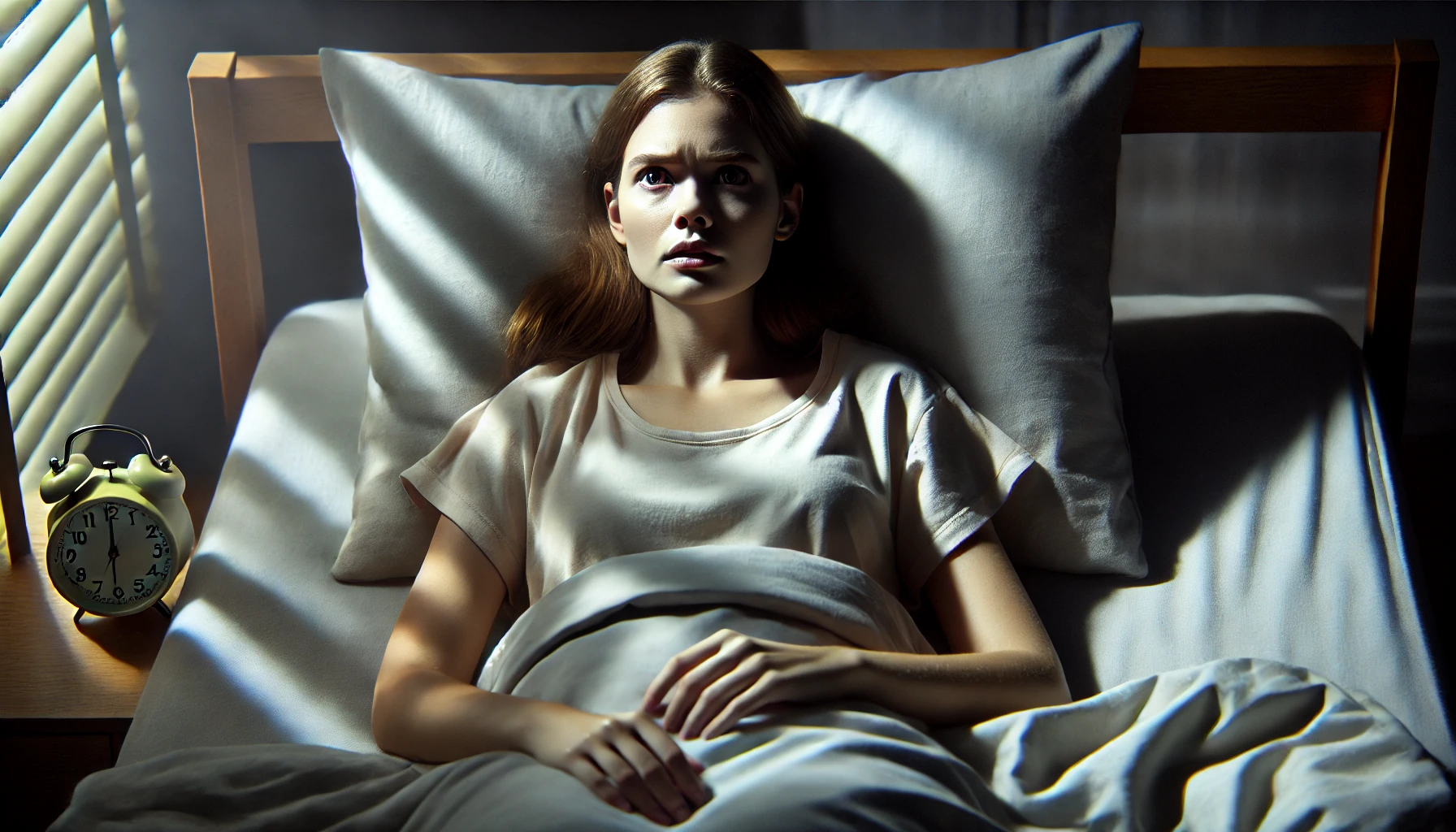Check out this answer from Consensus:
Sleep paralysis is a complex and multifaceted phenomenon that warrants further research. Understanding its prevalence, associated factors, and clinical implications can help in developing effective interventions and support for those affected. As our knowledge of sleep paralysis expands, so too will our ability to mitigate its impact on individuals’ lives.
Sleep paralysis is a fascinating yet often distressing phenomenon that has intrigued researchers and laypeople alike for centuries. It is characterized by a temporary inability to move or speak while falling asleep or upon waking. This article delves into the nature of sleep paralysis, its prevalence, associated factors, and its clinical implications.
Definition and Symptoms
Sleep paralysis occurs when an individual is conscious but unable to move or speak during the transition between wakefulness and sleep. This condition is often accompanied by hypnagogic (occurring while falling asleep) or hypnopompic (occurring upon waking) hallucinations, which can be extremely vivid and frightening7. Common symptoms include a feeling of pressure on the chest, difficulty breathing, and a sense of an ominous presence in the room6.
Prevalence
Sleep paralysis is relatively common, affecting approximately 7.6% of the general population at least once in their lifetime2 7. However, the prevalence is notably higher among certain groups, such as students (28.3%) and psychiatric patients (31.9%)2. Interestingly, the incidence of sleep paralysis is also higher among minorities compared to Caucasians2.
Associated Factors
Several factors have been identified that may increase the likelihood of experiencing sleep paralysis. These include:
Sleep Quality and Disorders
Poor sleep quality and various sleep disorders are strongly associated with sleep paralysis. Insomnia symptoms, though not necessarily a diagnosed insomnia disorder, have been found to predict episodes of sleep paralysis4. Additionally, other unusual sleep experiences such as nightmares and lucid dreaming are also linked to this condition4 5.
Mental Health
There is a significant correlation between sleep paralysis and psychiatric conditions. Anxiety symptoms, in particular, are frequently reported among those who experience sleep paralysis1. Moreover, individuals with post-traumatic stress disorder (PTSD) and panic disorder are more likely to suffer from recurrent episodes1.
Genetic and Environmental Factors
Genetic predisposition may play a role in sleep paralysis, as familial patterns have been observed8. Environmental factors such as stress, trauma, and substance use are also important contributors1.
Clinical Implications
While sleep paralysis is often a benign condition, it can lead to significant distress and impact an individual’s quality of life. The fear and anxiety associated with episodes can be overwhelming, and in some cases, may contribute to the development of other mental health issues6. Therefore, it is crucial for healthcare providers to assess and address sleep paralysis in patients, particularly those with existing psychiatric conditions2.
